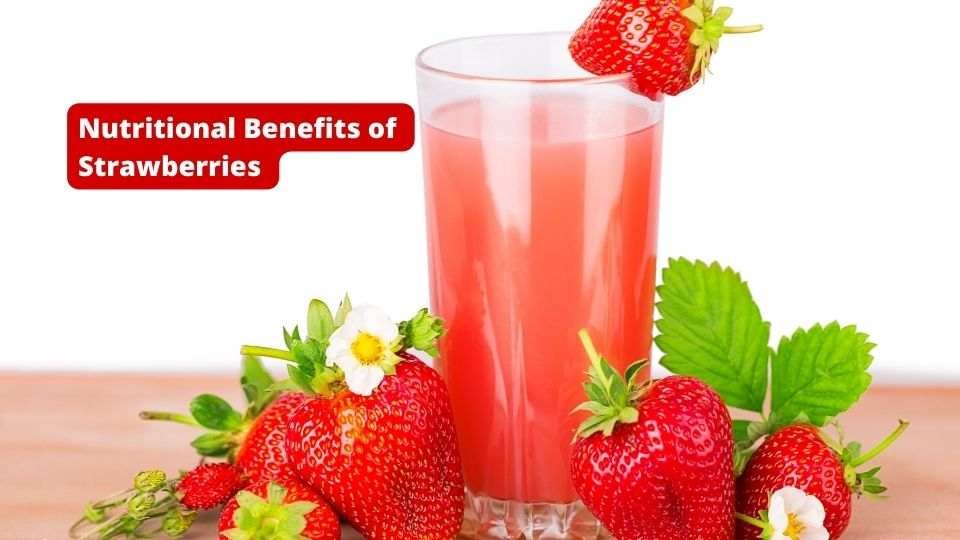Warning: Attempt to read property "term_id" on null in /home/u949539185/domains/healthystaying.com/public_html/wp-content/themes/hostinger-blog/archive.php on line 41
Warning: Attempt to read property "term_id" on null in /home/u949539185/domains/healthystaying.com/public_html/wp-content/themes/hostinger-blog/archive.php on line 41
Warning: Attempt to read property "term_id" on null in /home/u949539185/domains/healthystaying.com/public_html/wp-content/themes/hostinger-blog/archive.php on line 41

